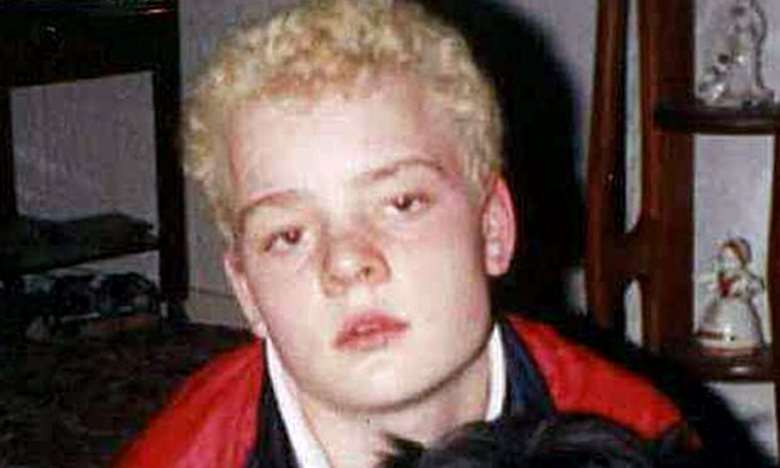Teenage girls who killed vulnerable woman given lifetime anonymity
Neil Puffett
Monday, February 8, 2021
Two teenagers who murdered a vulnerable woman have been granted anonymity for life.

The girls were 13 and 14 when they attacked 39-year-old Angela Wrightson in her Hartlepool home in December 2014. The attack lasted around seven hours, during which time she was hit with a shovel, a TV, and a coffee table.
Both girls were jailed for a minimum of 15 years in April 2016, but were not named at the time because of their age. An interim injunction was later granted, extending that anonymity after they turned 18.
Last week the indefinite ban on naming the women, F and D, who are both now adults, was upheld by the High Court.
In delivering her judgment, Mrs Justice Tipples said there was a “real and immediate risk” of suicide or self-harm for F, if her identity was revealed, due to her extensive history of mental health problems.
She said that it was also necessary to grant anonymity for D due to the risk that should her identity be known, it would be easier to identify F, so-called "jigsaw identification". She added that, in any event, the expert psychological evidence showed that, if Ds identity was revealed, it would significantly increase her risk of self-harm.
A Press Association reporter, who had made the application for anonymity to be removed, had argued that the claimants' identities are known in the Hartlepool area and possibly beyond.
However Justice Tipples said in her view, the fact that some people may know the names and identities of D and F did “not mean that the court cannot take all reasonable steps to reduce the identified risks of removing their anonymity”.
The ruling contains provision for a review "in the event there is a material change of circumstances".
Currently, children appearing in youth court have automatic anonymity, although the court can decide to waive it. Other criminal courts usually grant anonymity but there is no right to it. The right to anonymity ends when a child turns 18.
In 2017 then Youth Justice Board chair Lord McNally added his voice to calls for children's criminal records to be erased at 18, saying there was was a strong case for "expunging" criminal records when offenders reached their 18th birthday, for all offences except murder, serial sexual offences and crimes of violence.




